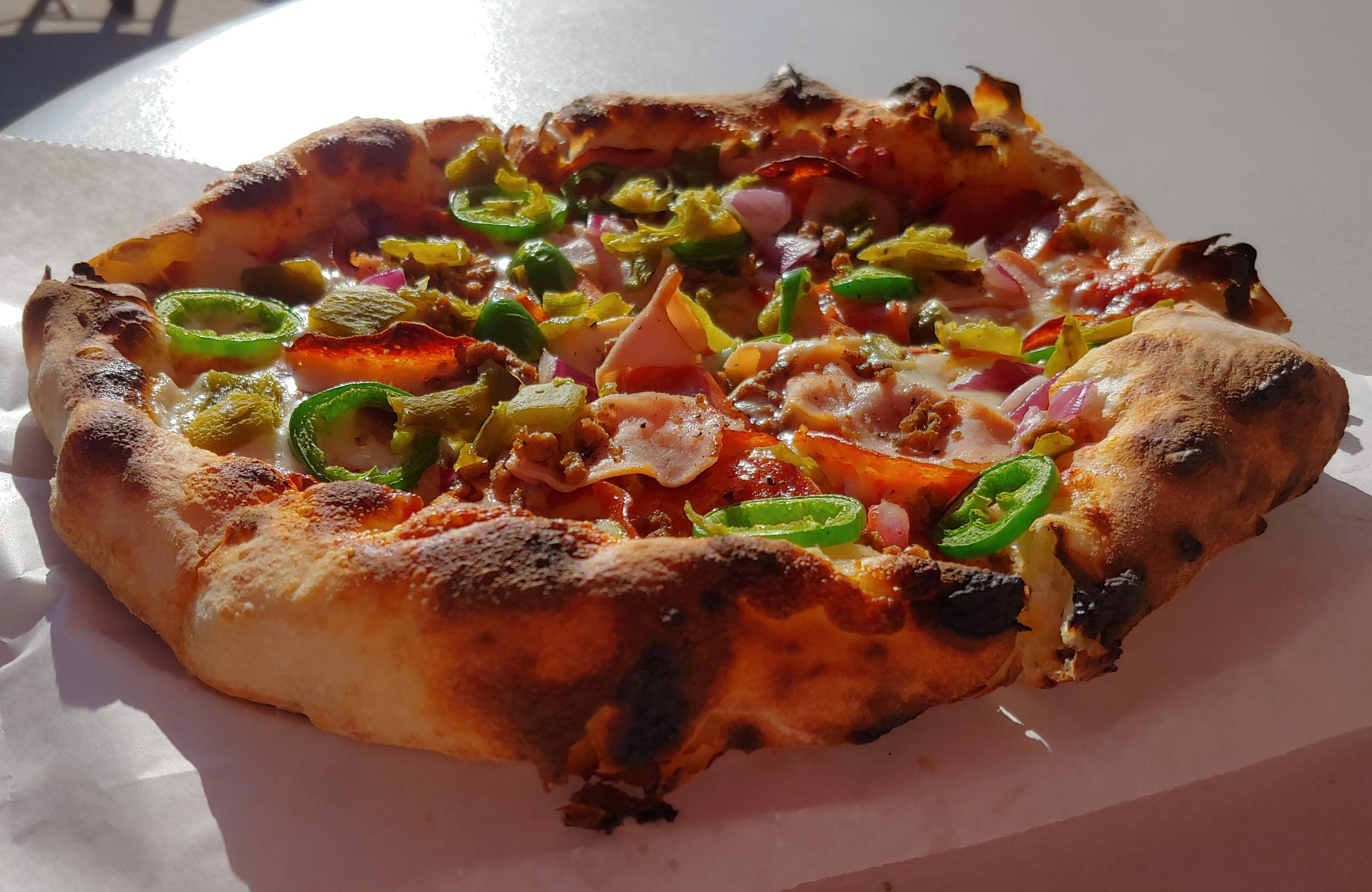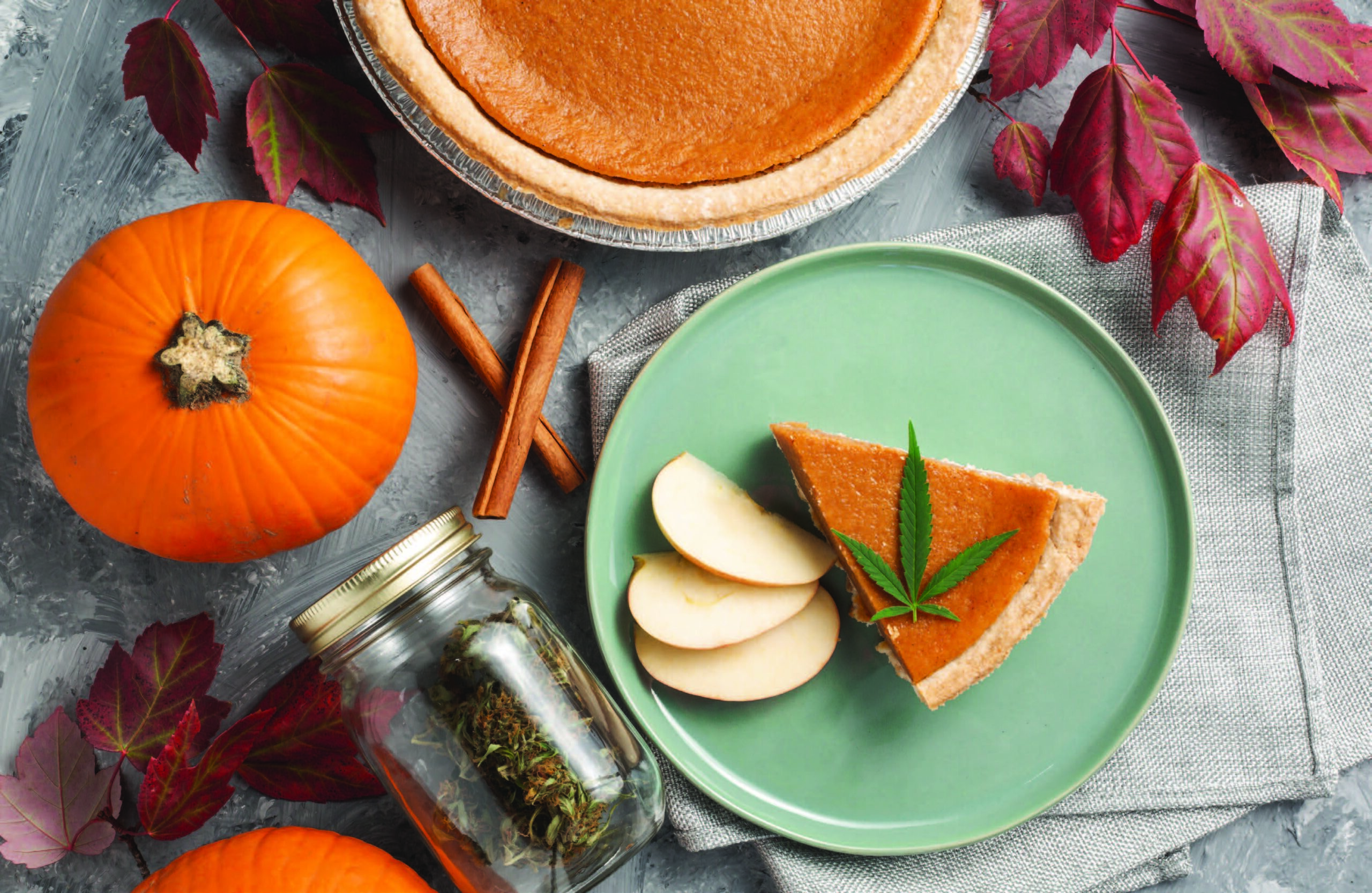The beer world is still pretty spun from the acquisition of Wicked Weed by AB InBev in May. The battle between big beer and craft beer appears to be at an all-time high. To help combat big beer, the Brewer’s Association (basically a trade and lobby group that represents and supports craft beer) released a little stamp of a logo that could be placed on cans or bottles or as a sticker in a window for breweries that meet the BA’s qualifications. It was meant to be a signifier of independent craft brewers, and it got kind of mixed reviews when it was released (I saw someone on the internet insinuate that the upside down bottle was the sign of the #drainpour). But less than a week after the logo reveal, The High End, the subsidiary of AB InBev that operates all the craft acquisitions, released a four-minute video of their stable of craft brewers reacting to the logo and the battle between craft brewers and big beer. This video did not go over well with craft brewers.
What was at first a tepid response to the logo, became an immediate embrace. The video pokes fun at how unpunk using the logo would be. It warns of the impending armada that is wine and spirits. It, in one breath, says all brewers should band together and in the next says how immature the logo is. The High End video really struck a nerve with craft brewers. I was so angry, I considered getting the logo tattooed (I still might if I see those smug faces release another stupid video).
This week the brewing world was struck with even more bad news. “America’s First Craft Brewery,” Anchor Brewing in San Francisco, was purchased by Japan’s oldest brewery, Sapporo, for $85 million. This was a shock for many reasons, partly the price (85 million is a long way from the $1 billion price tag that Ballast Point went for), partly the buyer (it’s easy to be angry about AB InBev buying a craft brewer, but what do we know about Sapporo as a company?), and mostly that Anchor would be one to sell. Anchor was not the first craft brewery to be purchased by an Asian brewer. A minority share of Brooklyn Brewing was sold to Japanese brewer Kirin in late 2016. It shows that Asian firms are increasingly interested in American craft beer.
In the last few years, breweries from across the Atlantic and the Pacific are buying up American breweries. Heineken has purchased all of Lagunitas. Duvel Moortgat has purchased Boulevard Brewing in Kansas City, Missouri, and Firestone Walker in Paso Robles, California. There’s obviously a lot of interest in American craft beer from basically anyone with lots of money (private equity firms have also funded several breweries). All of these purchases come in the midst of the Brewer’s Association’s announcement that craft beer, as they’ve defined it, has slowed to 5 percent growth for the first half of 2017, down from 8 percent the year before, and 13 percent the year before.
Craft beer is still growing. There’s still a lot of interest from big money. But everything feels flat and there’s a lot of defeatist feelings and vibes happening. Even still, I see a lot of bright spots in the beer community. We’re buckling down on quality and on our relationships with our suppliers. We’re really blowing the doors off of what beer can be and what it can do. I see so much experimentation and innovation happening in the community and that, I think, will continue to push beer as the drink of choice. And it’s the independent brewers doing this work. We’re the one’s pushing. We’re the ones doing the hard work. We’re the one’s making beer interesting and valuable.
Robert Alan Wendeborn is a former cellar operator at Ska Brewing and current lead cellar operator at Tin Roof Brewing in Baton Rouge, Louisiana.












